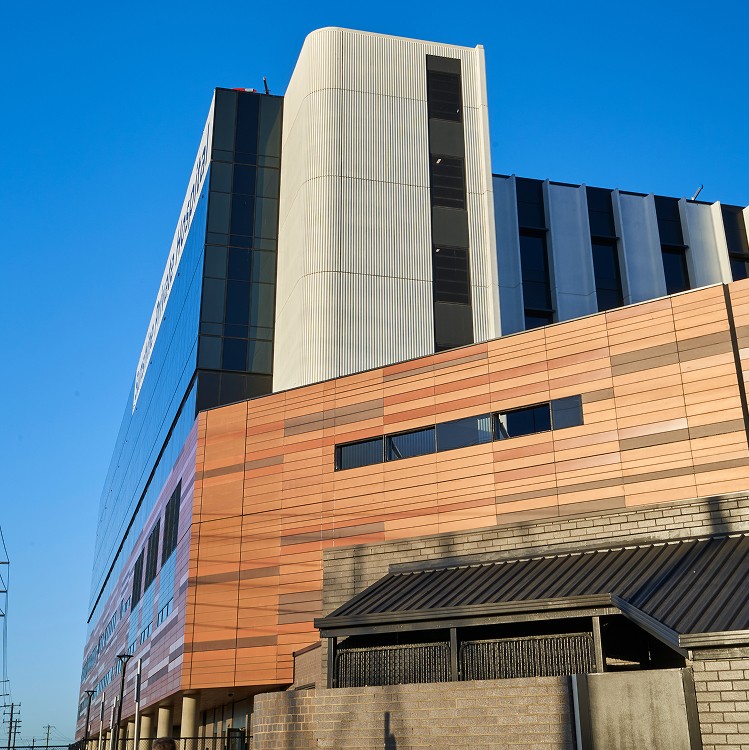
Music & Movement Therapy
Music and movement are powerful forms of expression that can reach places words sometimes cannot. Music and Movement Therapy harnesses these natural human experiences to support emotional healing, reduce distress, and improve wellbeing. Through rhythm, sound, and gentle movement, patients are guided to connect with their emotions, express themselves safely, and find new ways of coping with life’s challenges.
At Sunshine Clinic Private Hospital, Music and Movement Therapy is offered as part of our outpatient day programs. Delivered by trained therapists, it provides a supportive, creative space for recovery and complements evidence-based approaches such as Cognitive Behaviour Therapy (CBT), Acceptance and Commitment Therapy (ACT), and Dialectical Behavioural Therapy (DBT).
Overview of Music & Movement Therapy
Music and Movement Therapy is a form of expressive or creative therapy that uses rhythm, sound, and body-based techniques to enhance mental health. Unlike traditional talk therapies, it encourages non-verbal expression and provides a safe outlet for emotions that may be difficult to articulate. Common elements include:
1
Music – listening, playing instruments, singing, or songwriting to encourage emotional release and connection.
2
Movement – guided physical activity, ranging from gentle stretching to rhythm-based exercises, promoting self-awareness and grounding.
3
Mind-body integration – combining movement and music to support relaxation, mindfulness, and emotional regulation.
4
Group Participation – many sessions are delivered in groups, encouraging connection, collaboration, and shared experiences.
Patients do not need any musical ability or dance skills to benefit. The therapy is about exploration and expression, not performance.
Conditions Supported by Music & Movement Therapy
Mood Disorders
Anxiety & Panic Disorders
Trauma and PTSD
Personality Disorders
Substance Use (Mild-to-Moderate)
Adjustment Disorders
Supporting individuals adjusting to major life changes, such as bereavement, illness, or retirement.
Older Adults
Evidence for Music & Movement Therapy
Research into creative therapies continues to grow, and evidence strongly supports the use of music and movement in mental health care.
Depression & Anxiety
Trauma & PTSD
Substance Use
Older Adults
Group Therapy
In Australia, music therapy is recognised as an allied health profession, regulated by the Australian Music Therapy Association (AMTA). Many private hospitals and mental health services now integrate creative therapies into treatment programs, reflecting their proven benefits in recovery.
How Music & Movement Therapy is Delivered at Sunshine Clinic
At Sunshine Clinic Private Hospital, Music and Movement Therapy is delivered in a supportive, structured environment by therapists trained in expressive and somatic therapies. Sessions may include:
- Group drumming or rhythm exercises – building teamwork, self-expression, and emotional release.
- Guided movement – gentle, body-based activities that promote grounding, relaxation, and mindfulness.
- Listening and reflection – exploring personal responses to music and connecting these to emotions and memories.
- Songwriting or creative expression – for patients who wish to channel experiences into words and melody.
Therapy is always patient-centred, adapting to individual needs and comfort levels. Participation is about personal exploration, not performance or skill.
Why Music & Movement Therapy is Valuable for Recovery
Patients often find Music and Movement Therapy refreshing and empowering because it provides a different way of connecting with emotions and with others. Reported benefits include:
- Reduced anxiety and stress.
- Improved mood and motivation.
- Enhanced self-awareness and self-expression.
- Greater connection with peers through shared group experiences.
- Renewed sense of playfulness, creativity, and joy.
At Sunshine Clinic Private Hospital, we believe recovery is about more than managing symptoms – it is about rediscovering meaning, connection, and confidence. Music and Movement Therapy is an important part of this journey, giving patients practical tools for expression and healing that last well beyond the therapy room.
Comprehensive Private Mental Health Care in Melbourne’s West
Sunshine Clinic offers psychiatry consulting services, as well as inpatient and outpatient programs tailored to support recovery, resilience, and long-term wellbeing.